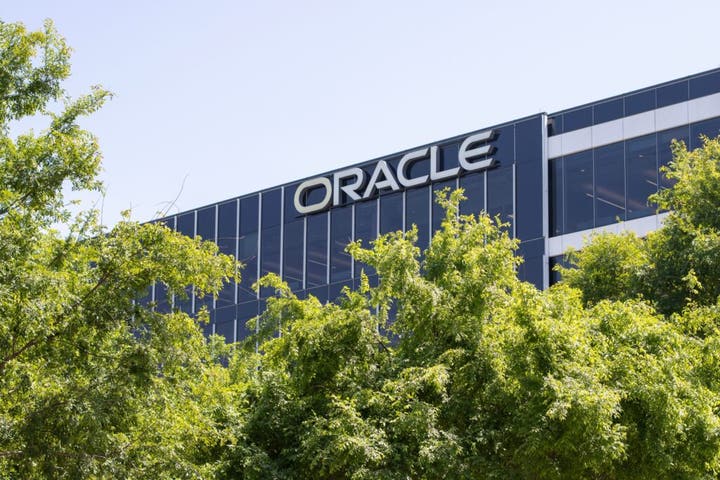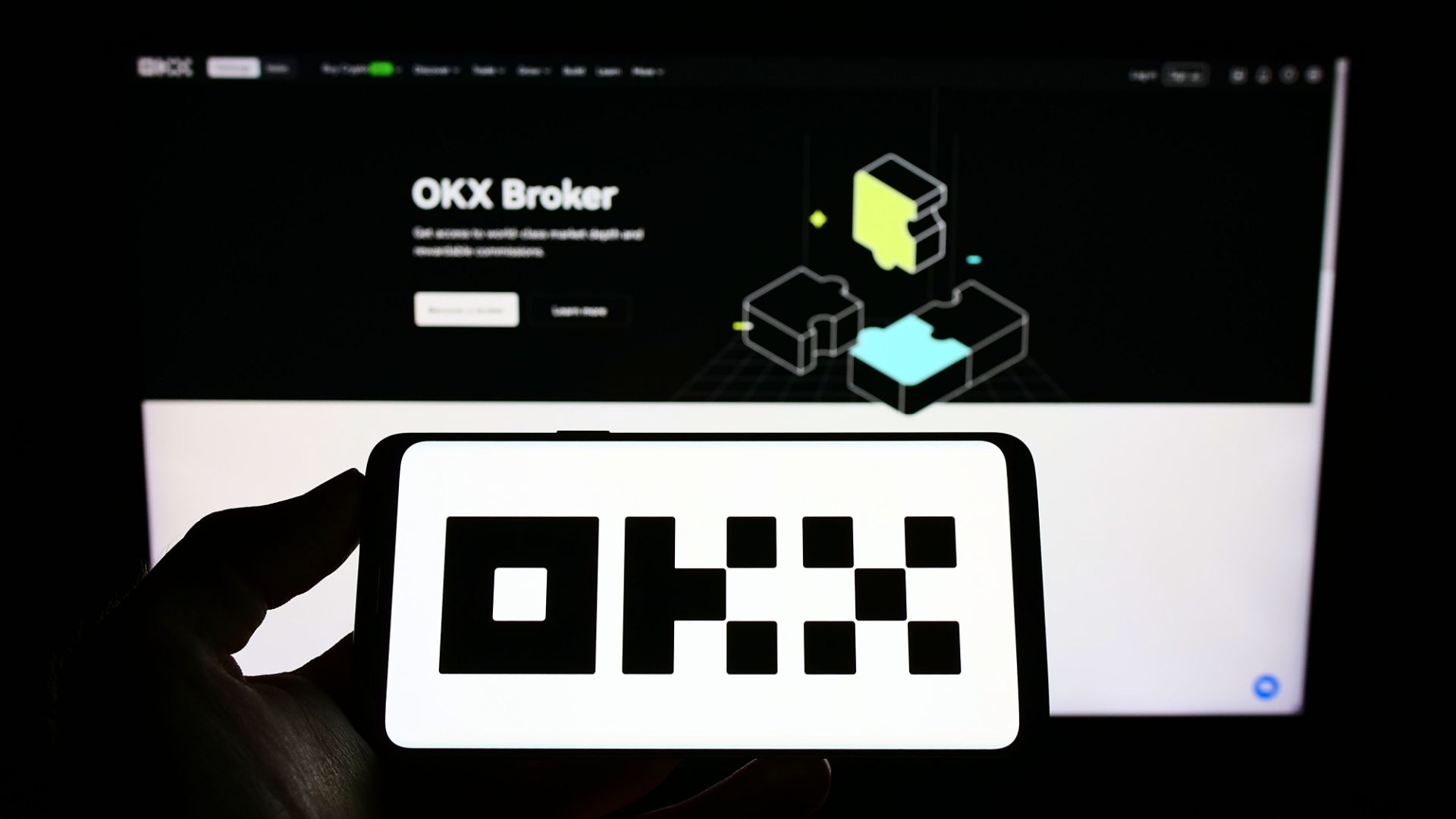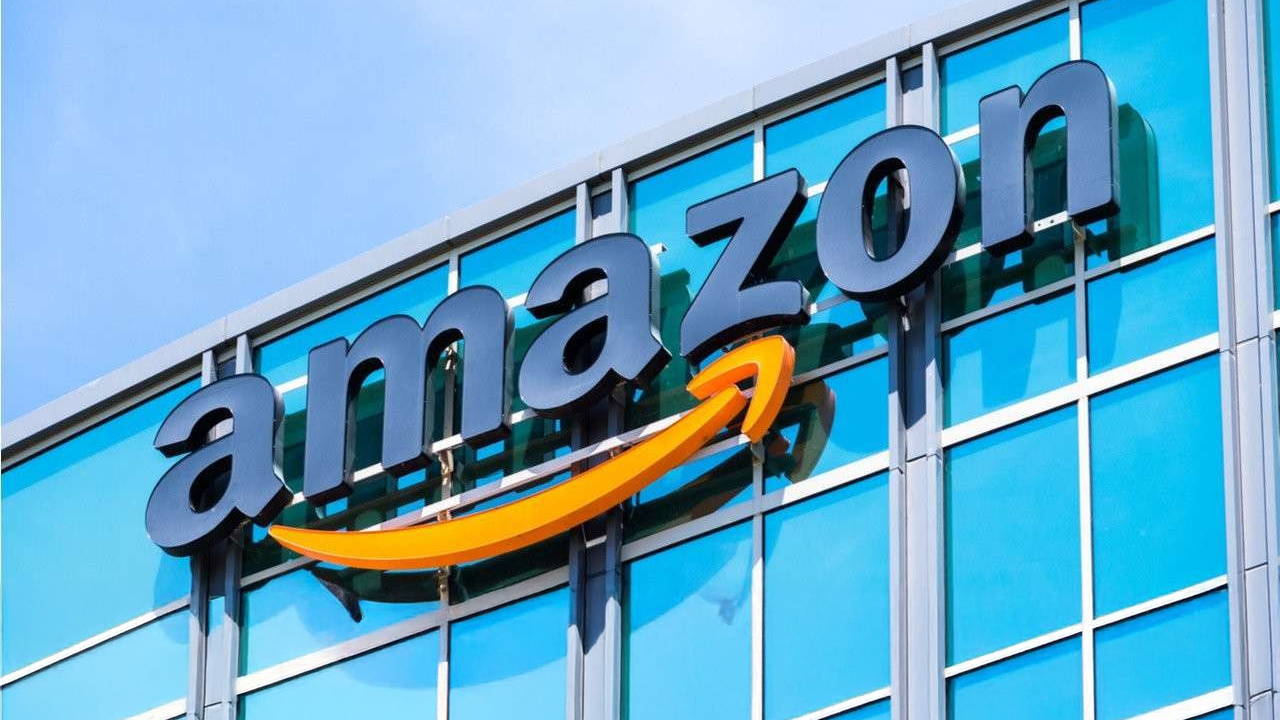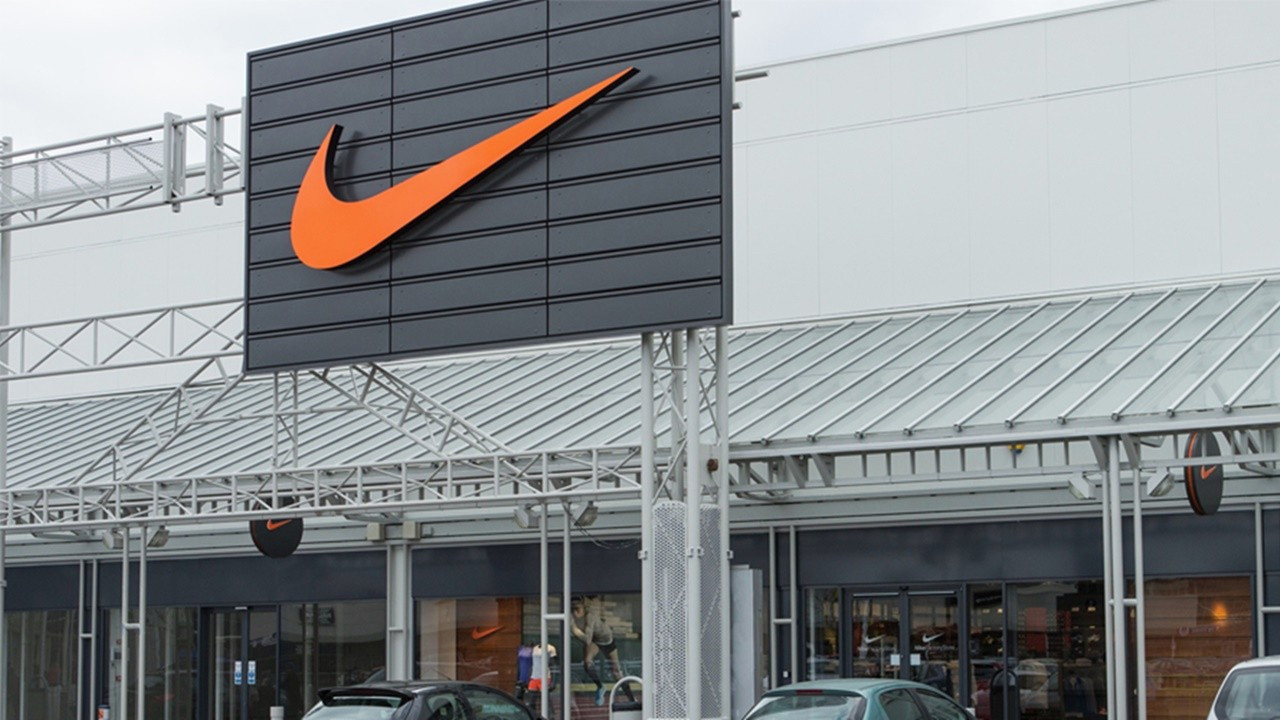
Oracle's AI Strategy: High Risk and Low Profit Margin


Oracle's AI Strategy Criticized
Oracle Corp.'s (NYSE: ORCL) artificial intelligence strategy has been criticized by technology analyst Gil Luria. Luria referred to this strategy as 'bad behavior' and 'irresponsible investment.' According to him, Oracle's investments rely on speculative demand, which puts it behind competitors like Microsoft Corp. (NASDAQ: MSFT), Amazon.com Inc. (NASDAQ: AMZN), and Alphabet Inc. (NASDAQ: GOOGL - NASDAQ: GOOG) that have 'healthy' customer-focused AI configurations.
Luria, as the Head of Technology Research at D.A. Davidson, argued that Oracle is 'borrowing to provide capacity to startups,' which he described as a high-risk move. He emphasized that, in comparison to 'Big Tech' competitors, they 'have a complete customer portfolio and ample cash.'
Criticizing Oracle's new AI business model's economics, Luria defined it as 'a bad business model with very low profit margins.' He noted that Oracle's main business segment has an 80% gross profit margin, whereas new AI contracts are being presented with a gross margin of 30-40% as something 'good.'
Oracle's enormous $455 billion order backlog became another significant point that raised Luria's doubts. Luria particularly assessed the agreements with OpenAI as 'false promises,' stating that these demands do not represent 'real demand.' He expressed that OpenAI does not intend to comply with these obligations and views its commitments as a flexible arrangement involving 'consuming capacity as needed.'
Renowned short seller Jim Chanos also pointed out that a $300 billion agreement with OpenAI not starting until 2027 is questionable. Chanos questioned how the startup could finance its annual $60 billion obligations.
On the other hand, in a review by CNBC's Jim Cramer, it was noted that Oracle's massive $455 billion order backlog is attributed to the 'Stargate' AI infrastructure project. Cramer added, 'Who could provide these orders?' Luria emphasized that the recent $100 increase in Oracle's value has 'completely evaporated,' and stated that this makes sense.
Oracle shares have increased by 36.72% year-to-date, while the S&P 500 has yielded a return of 16.74%. The stock lost 3.88% on Wednesday, closing at $226.99, and fell 0.22% in pre-market trading on Thursday. It has recorded a total increase of 19.70% within the year.
Despite having a stronger long-term price trend, it exhibits a weak trend in the medium to long term and holds a low valuation ranking. Detailed performance information is available in Benzinga's Edge Stock Rankings.
.png)
Yakında Tüm Platformlarda
Sizlere kesintisiz haber ve analizi en hızlı şekilde ulaştırmak için. Yakında tüm platformlarda...






.png)